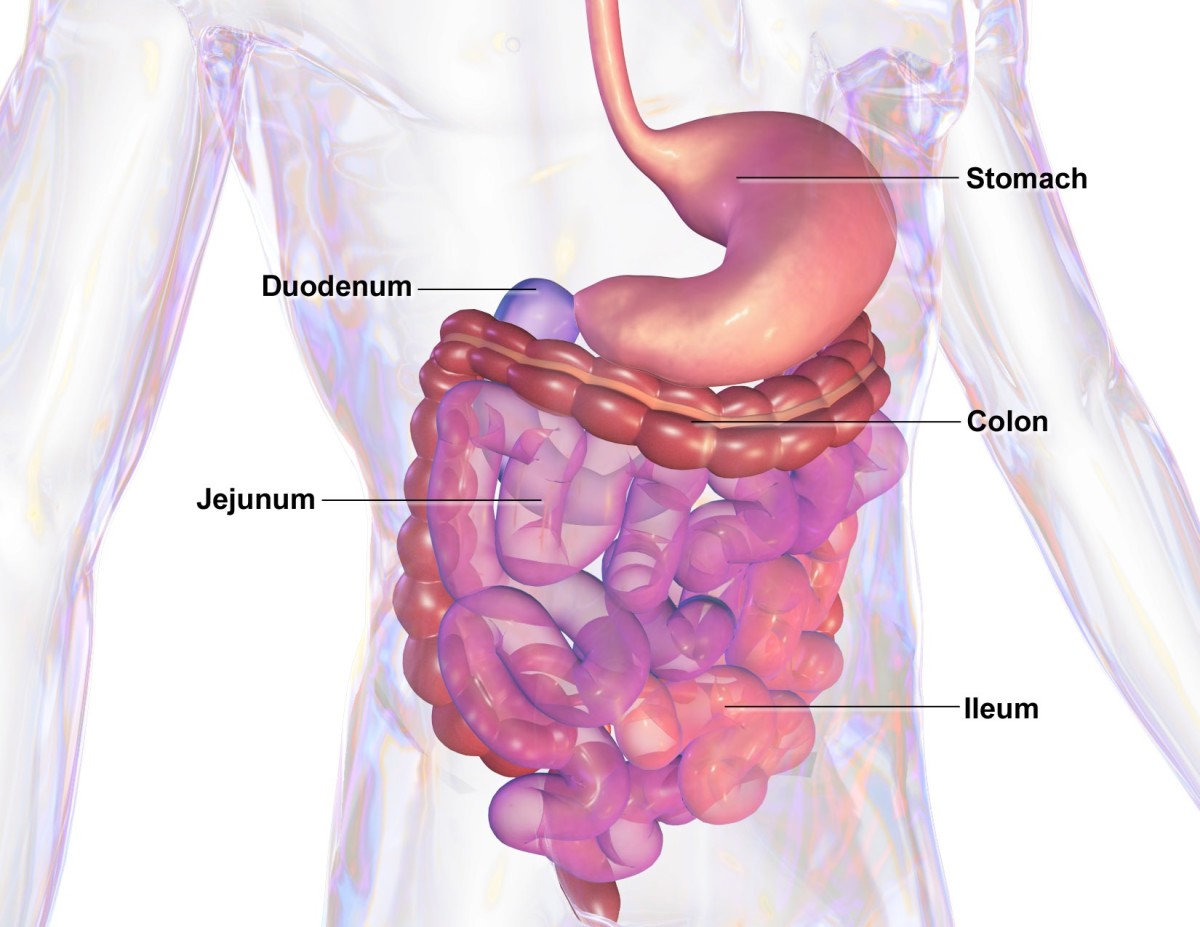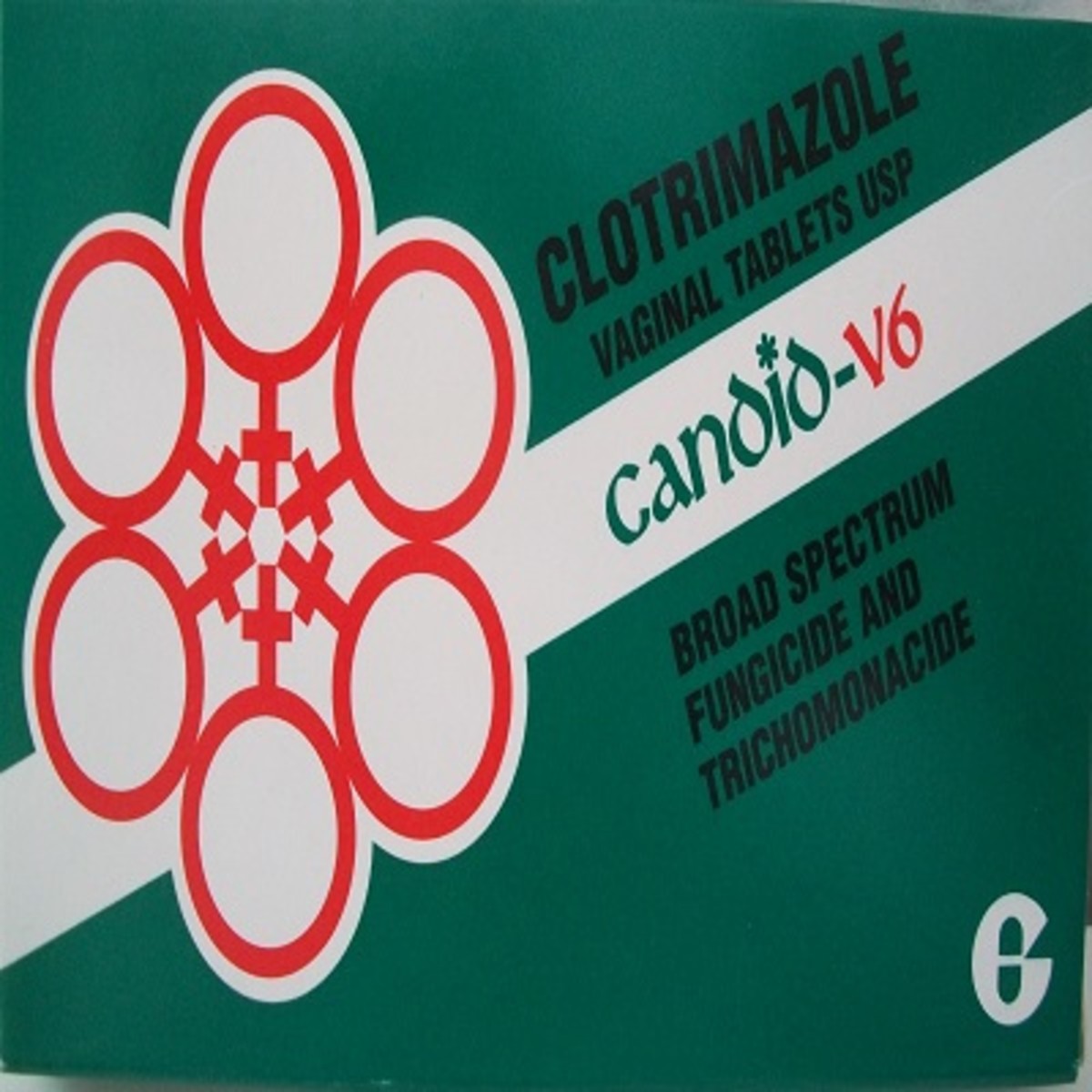When should I take my levothyroxine (Synthroid)?


After feeling extra tired for 3 months, even when she got enough sleep, a 56 year old women was diagnosed with low thyroid (hypothyroidism). Her physician gave her a prescription for levothyroxine and gave her very specific instructions to take it in the morning. She takes some other medications in the morning too, so when she's talking with her pharmacist about her new medication, she asks, "Can I take my thyroid medicine in the morning with my other medicine?"
Have you ever taken thyroid medicine?

The Short Answer
Thyroid medicine is very sensitive to food and other drugs you have in your stomach. The less other stuff you have in your stomach, the more thyroid medicine your body absorbs. Also, dosing thyroid medicine is very specific. Little changes make a big difference. Because it's so sensitive to the dose and what other stuff is in your stomach. it's important to always take your thyroid medicine at the same time, in the same way, each day.
There are also some other medications that have other ways of lowering the amount of thyroid medicine your body absorbs.
Little changes make a big difference.

The Long Answer
Thyroid disorders are very common, particularly low thyroid. Symptoms include fatigue, weight gain, lack of energy, lack of motivation, and increased sleep. The way to determine if you have a thyroid disorder is to have your physician test for Thyroid Stimulating Hormone (TSH). High TSH means you have low thyroid. Some people have low thyroid without any symptoms.
The most common treatment for low thyroid is levothyroxine (Synthroid), a thyroid replacement medication. There are some other forms of thyroid replacement, too, including Armor Thyroid, Nature Thyroid, and liothyronine.
There are two reasons why it's important to pay attention to when and how you take thyroid medicine.
- When you take a drug by mouth, your body absorbs only part of the dose. This can be anywhere from 10% to nearly 100%, depending on the drug. Thyroid drugs get absorbed very differently whether or not you have food or other medicine in your stomach along with it. Without any food or other medicine, thyroid is about 80% absorbed. With food or other medicine, that number can go down to only 60%.
- The dose of thyroid medicine is very specific. The doses are very small to begin with, and we only increase or decrease them by a very small amount. For example, a typical starting dose of levothyroxine is 75 MICROgrams (mcg). Micrograms are 1000 times smaller than Milligrams (mg). By comparison, a typical Tylenol pill is 500 miligrams, or 500,000 micrograms! When it comes to thyroid medicine, a little goes a long way! Because of this, any changes in the amount the body absorbs make a big difference.
In general, people are told to take their thyroid medicine right away in the morning. The idea is that they have not eaten all night and have no food in their stomach. They also probably won't eat for at least 30 minutes after waking up, giving they thyroid medicine time to be fully absorbed first. Sometimes, people are specifically told not to eat, drink, or take other medicine for some time after taking thyroid medicine. Given the huge differences that food and other medicine can make, it's easy to understand why.
More important than following such a strict routine, however, is being consistent. Taking your thyroid medicine at the same time each day, with the same type of meal or the same other medications, will let your body absorb the same amount each day. If you try to keep a rigid schedule and end up not doing it each day (because it's hard) then you will get different amounts of thyroid each day, which could cause differences in symptoms and side effects.
Thyroid drug interactions
Drug
| Common use
| Level of effect
|
|---|---|---|
Iron
| Low red blood cells
| Huge
|
Proton Pump Inhibitors
| Heartburn
| Moderate
|
Calcium
| Bone health
| High
|
Estrogens
| Birth Control, Menopause
| Low
|
Statins
| High Cholesterol
| Moderate
|
Some other medications lower thyroid absorption regardless
of if they are taken together or separately.
In the end, what's the most important is being consistent each and every day. The amount of thyroid your body gets from each pill changes depending on if you take it with food, other medications, or if you take another medication that interacts with it.
If you remain consistent each day, the amount you get will remain the same each day. Then, based on your TSH level that you get tested in the clinic, your dose will be adjusted to get your thyroid back to normal. Once this happens, it's still very important to stay consistent.

Why are there so many different forms of thyroid medicine
Although levothyroxine (Sythroid) is the most common, there are other brand names and other forms of thyroid medicine. There are a few reasons for this.
- Some people want thryoid from a specific source. Some of them are synthetic (made in a lab), others are derived from pigs.
- Some people want brand name medicine only. This is a grey-area topic, but some people want the branded Synthroid (or other brands) instead of their generic counterparts.
- Some people have more complicated cases of low thyroid. There is a faster acting, and faster leaving, thyroid medicine called Liothyronine. It's effects are different than levothyroxine. Some people take both.
- Most often, people just want what works for them. If someone has been suffering from low thyroid for years and has finally found a medication that helps them, they will want to stay with that forever. And, really, can you blame them?

Brandon Y is a community pharmacist working in Minnesota with over 10 years of experience in pharmacy. He welcomes comments and questions.
Disclaimer
The information provided on this page is intended for general educational and informational use only. It is not specific, personalized healthcare advice for you. For healthcare advice regarding your particular situation, talk to members of your healthcare team.








